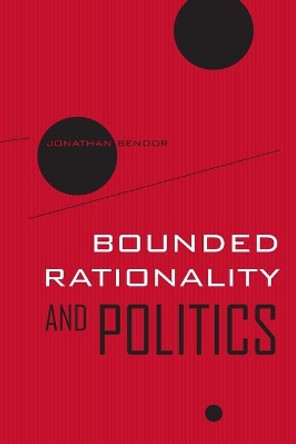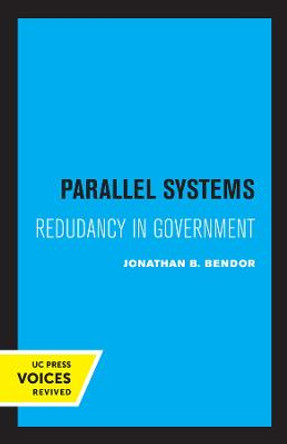Description
Distinctive in its use of aspiration-based adjustment models as a replacement for the traditional rational choice approaches, this book is clearly the first to develop a coherent model of elections based on reinforcement learning. Clearly written and effectively presented, it will advance the debate on the use of both behavioral and rational choice models in political science. -- Mark Fey, University of Rochester
About the Author
Jonathan Bendor is the Walter and Elise Haas Professor of Political Economics and Organizations at Stanford University. Daniel Diermeier is the IBM Professor of Regulation and Competitive Practice and professor of managerial economics and decision sciences at Northwestern University. David A. Siegel is assistant professor of political science at Florida State University. Michael M. Ting is associate professor of political science and public affairs at Columbia University.
Reviews
"[T]his book offers plenty food for thought for both theoretical and empirical minded scholars and is a must read for anyone interested in understanding the dynamics of electoral competition."--Jasper Muis, Journal of Artificial Societies and Social Simulation "It ... need[s] to be confronted and digested by every graduate student who hopes to make his or her scholarly name in this field, because it provides a way to unify the higgledy-piggledy world of political behavior. It isn't the final word, but it is an important early step."--Kenneth A. Shepsle, Perspectives on Politics
Book Information
ISBN 9780691135076
Author Jonathan Bendor
Format Paperback
Page Count 264
Imprint Princeton University Press
Publisher Princeton University Press
Weight(grams) 369g






